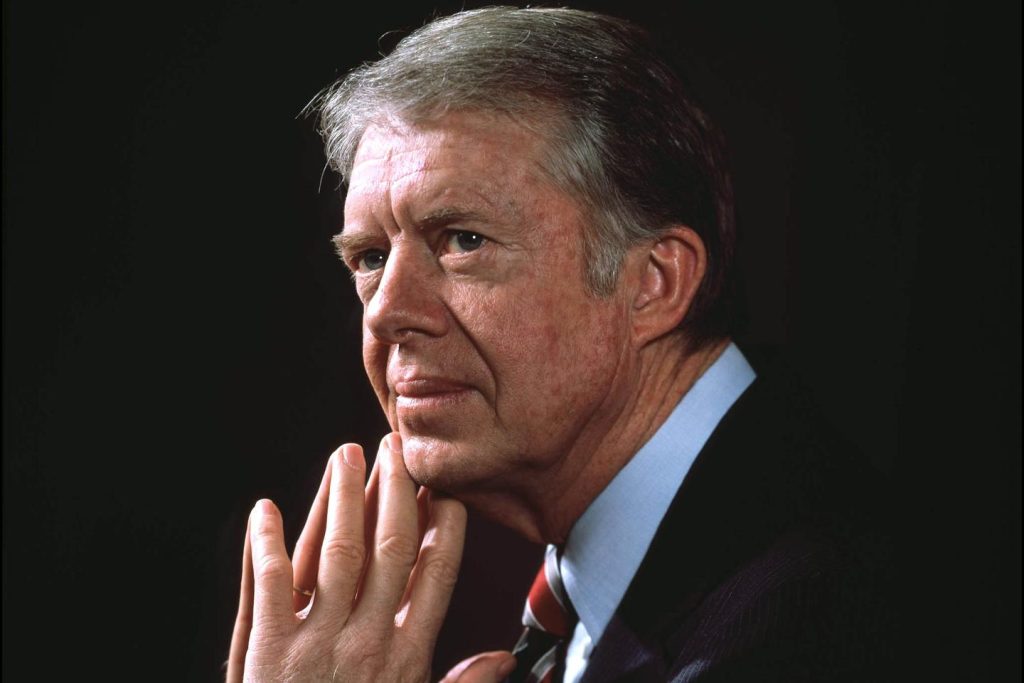Jimmy Carter, the 39th president of the United States, served from 1977 to 1981. He was elected in 1976, defeating incumbent President Gerald Ford. Carter’s presidency followed the Watergate scandal of Richard Nixon, and he faced challenges and criticism throughout his time in office. In 1980, he was defeated in his bid for re-election by Ronald Reagan, a loss that many saw as the end of a disappointing presidency. Despite this, Carter remained committed to his beliefs and continued to work towards creating a better world even after leaving office.
Critics of Jimmy Carter often portrayed him as a weak and naïve leader, but Carter’s dedication to fighting for justice and equality was unwavering. He was not deterred by the negative opinions of others, and instead remained focused on making a positive impact on the world. Carter’s upbringing in the deep South gave him a unique perspective on the challenges faced by marginalized communities, and he used his position of power to advocate for those who were often overlooked. His determination to make a difference continued long after his time in the White House.
Jimmy Carter passed away at the age of 100 at his home in Plains, Georgia on December 29th. His legacy as a man of conviction and integrity lives on, inspiring others to stand up for what they believe in and work towards a more just and equitable society. Despite the challenges he faced during his presidency, Carter remained committed to his ideals and never wavered in his dedication to creating a better world for all. His death marks the end of an era, but his impact on American politics and society will be felt for years to come.
Throughout his life, Jimmy Carter was known for his humility and compassion, traits that endeared him to many Americans. He was a devoted husband, father, and grandfather, and his strong sense of family values shaped his approach to leadership and public service. Despite the criticism he faced during his presidency, Carter remained true to himself and never compromised his beliefs for the sake of political expediency. He was a true statesman who worked tirelessly to improve the lives of others, both at home and abroad.
In the years following his presidency, Jimmy Carter became known for his humanitarian work, including his efforts to promote democracy, human rights, and conflict resolution around the world. He founded the Carter Center, a non-profit organization dedicated to advancing peace and health globally, and continued to be actively involved in various causes until his passing. Carter’s commitment to public service and his dedication to helping those in need serve as a lasting reminder of the power of compassion and empathy in shaping a better world.
Jimmy Carter’s legacy as a leader and a champion for justice and equality will continue to inspire future generations to stand up for what is right and work towards a more just and equitable society. His life serves as a testament to the power of conviction, perseverance, and compassion in creating positive change in the world. Though he faced challenges and setbacks throughout his career, Carter’s unwavering commitment to his ideals and his belief in the inherent goodness of humanity are what ultimately defined his legacy. As the nation mourns his passing, it also celebrates the life and accomplishments of a true American hero.















